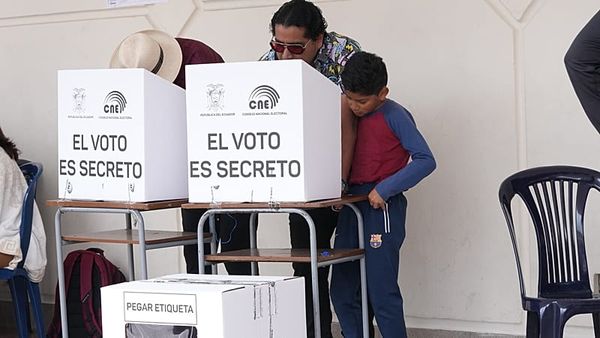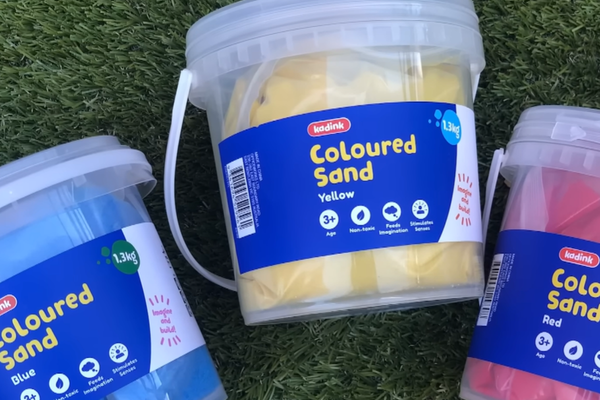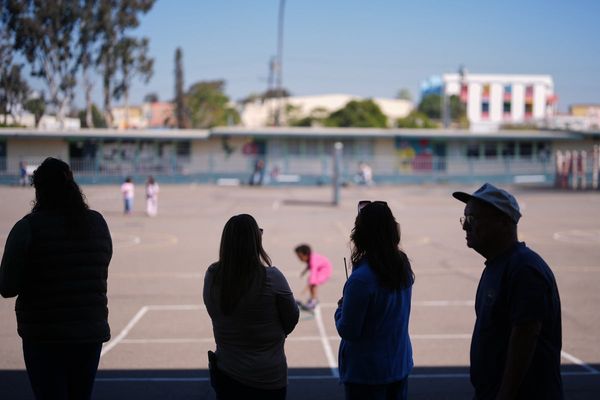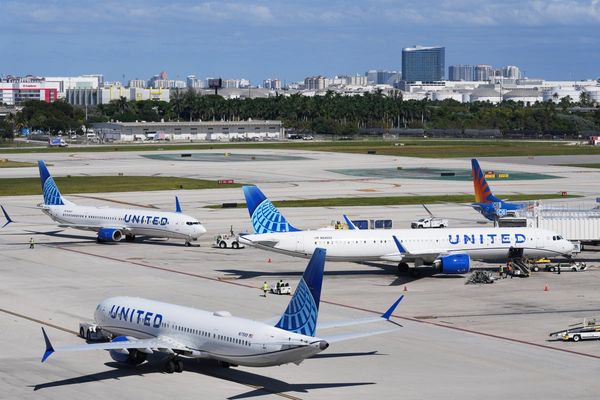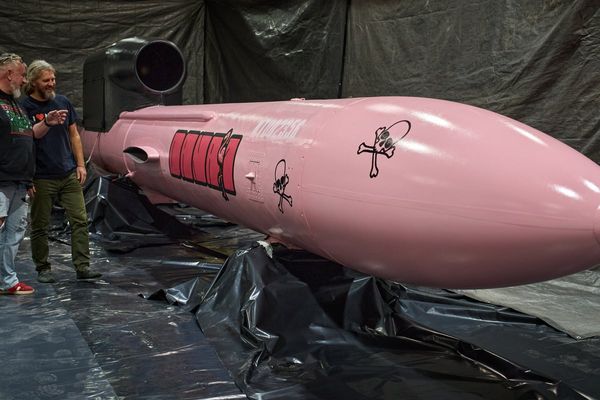
-
Esme, 7, asks: why do we see so many slugs and snails after it rains?
They’re worried fancy chefs will cook them and are ganging together
They need moisture to survive
They hate suncream, so only come out when it rains
They love jumping up and down in muddy puddles
-
Evie, 8, asks: who invented crosswords?
A little boy named Albus
A mathematician named Albert Einstein
A journalist named Arthur Wynne
A mathematician called Katherine Johnson
-
Elsa, 8, asks: why is pink called pink, not light red?
It’s named after a flower called a “pink”, also known as dianthus
The name was chosen 2,500 years ago
No one knows
Light red sounds dull!
-
Avisa, 9, asks: the moon has an effect on the Earth, so what effect does the Earth have on the moon?
They dance with each other, doing a little tango
The Earth helps keep the moon in orbit, rather than floating off into space
It has no effect at all
The Earth sends little mooncakes to the moon each full moon
-
Elliott, 6, asks: how does a hurricane start?
When helicopter blades spin way too fast
Goblins blow really hard
When warm ocean water heats the air above it
When a cloud gobbles too much wind, then explodes
Solutions
1:B - Slugs and snails need moisture to survive, so they need to move when there’s water. When it’s sunny but not wet, they go into hiding to avoid predators and so their bodies don’t dry out., 2:C - The first known published crossword was made by a journalist, Arthur Wynne, in 1913, in a Sunday newspaper called the New York World., 3:A - The colour pink is named after the flower dianthus – also called “pink”. They were known by this name before the colour (though the flower comes in a few other colours, too!)., 4:B - Just like the moon’s gravity creates the Earth’s tides, the Earth’s gravity pulls on the moon. It keeps it in orbit around us instead of drifting off into space., 5:C - Hurricanes start near the equator over warm water, in the Atlantic or the Pacific. Water evaporates into the air, rises, then condenses into droplets and makes storm clouds. As warm air rises, various processes make winds blow in a circle, and can make spiralling winds grow into a storm. When the wind speed reaches 119km an hour, the storm is called a hurricane.
Scores
-
5 and above.
-
4 and above.
-
3 and above.
-
2 and above.
-
0 and above.
-
1 and above.
Molly Oldfield hosts Everything Under the Sun, a podcast answering children’s questions. Do check out her books, Everything Under the Sun and the new Everything Under the Sun: Quiz Book.
